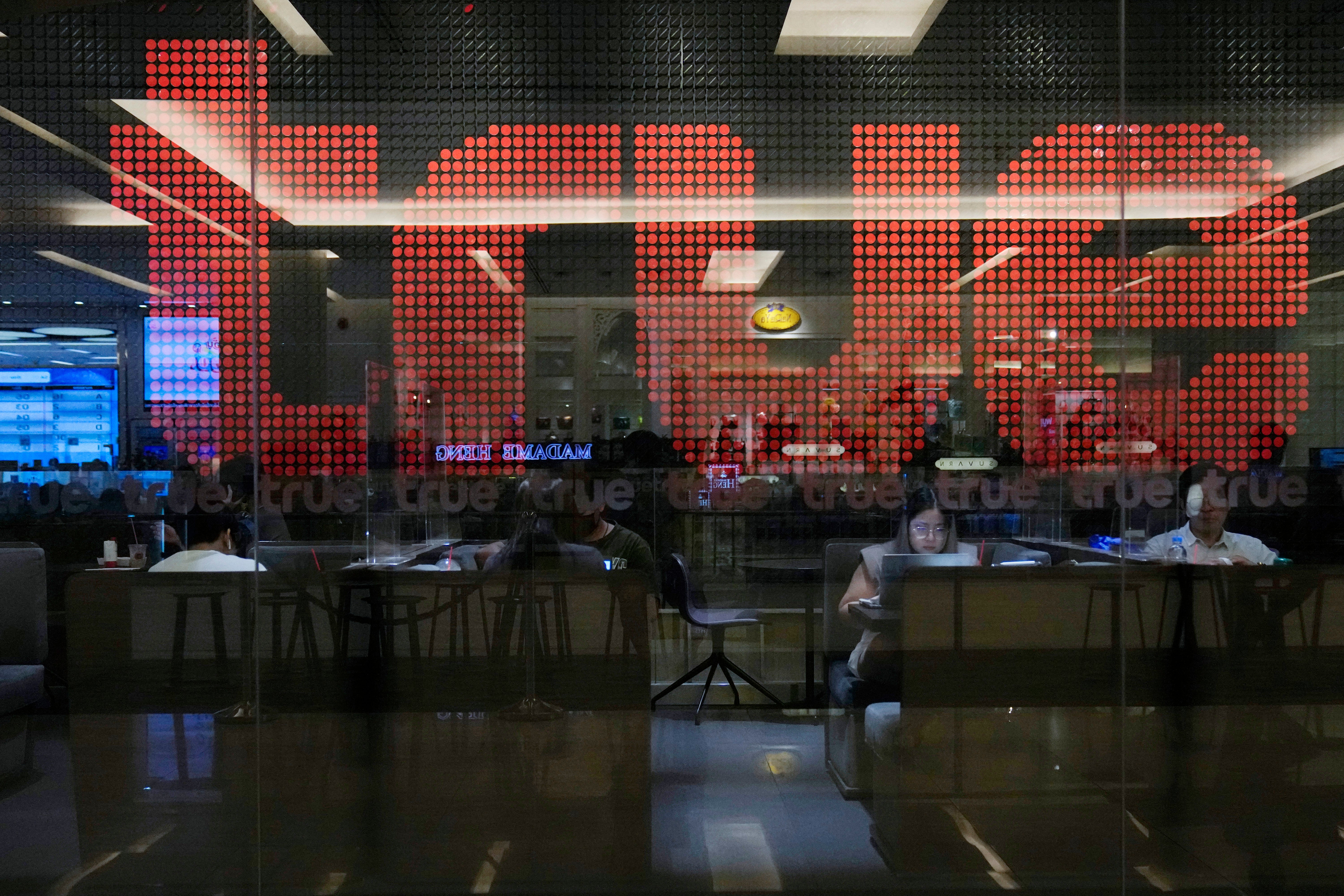Thai regulator approves $7.3 billion telecoms carrier merger
Thailand's telecoms regulator has agreed to allow a merger between the country's two main phone carriers in a decision that raises worries over whether reduced competition will harm consumer interests

Thailand’s telecoms regulator has agreed to allow a merger between the country’s two main phone carriers in a decision that raises worries over whether reduced competition will harm consumer interests.
The $7.3 billion deal will merge True Corp. and smaller DTAC, a subsidiary of Norway’s Telenor Group. The new entity, to be called NewCo, will have about 51 million subscribers. The next largest telecoms carrier, AIS, or Advanced Info Service, has 44 million subscribers.
True is owned by Charoen Pokphand (CP) Holding, one of the country's biggest family-controlled conglomerates. It has 32 million subscribers to DTAC's 19 million.
Shareholders of True and DTAC, or Total Access Communication Plc., approved the merger plan in April.
The regulatory go-ahead by the National Broadcasting and Telecommunications Commission came late Thursday in a 3-2 vote in favor, with the chair casting a deciding vote after more than 10 hours of discussions.
The commission imposed conditions that included price controls, keeping current service agreements in place and requiring the expansion of 5G coverage to at least 90% of the population within five years. It said it could cancel or add further conditions if it observes monopolistic behavior due to the merger.
“The merger will create a long and lasting impact and make it impossible to turn back the clock," Pirongrong Ramasoota, one of the two commissioners who voted against letting the merger go ahead, said in a Facebook post. She said the deal could result in unfair competition and prevent other companies from trying to enter the market.
“The development of our country depends on the competitiveness of the mobile service industry, which also is a key to boosting the economy," she said.
The approval reflects the sway of the huge family-run conglomerates that own big chunks of Thailand’s economy, critics said.
“Despite massive protest, comments, reports, analysis and plain common sense, it is no surprise that the NBTC ended up allowing the merger," Yozzo, a telecoms, media and technology consulting firm, said in a report.
“Big conglomerates in Thailand have long enjoyed market power in a regime that many perceive to be friendly towards the big family companies," it said, adding that consumers and businesses will pay the price of having two companies be the virtual gatekeepers of going digital.
True and DTAC have said they are merging to better invest in next-generation telecommunications to advance Thailand's adoption of digital technology.
The companies have said they plan to list the newly merged company on Thailand’s stock exchange as soon as November.
___
Associated Press journalist Tassanee Vejpongsa contributed.